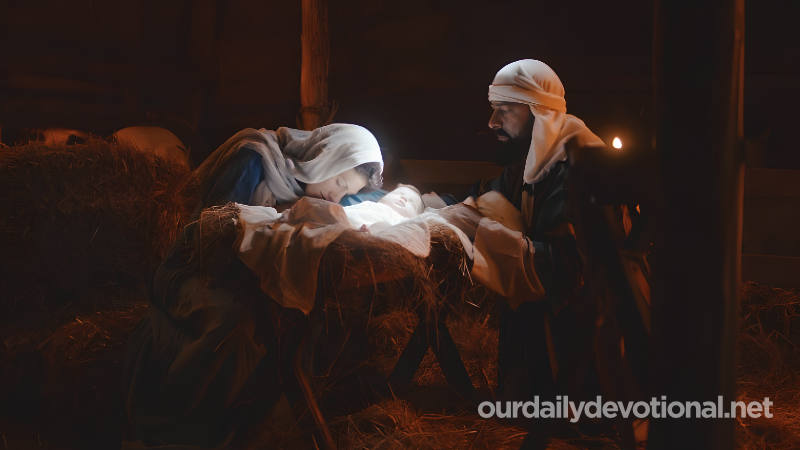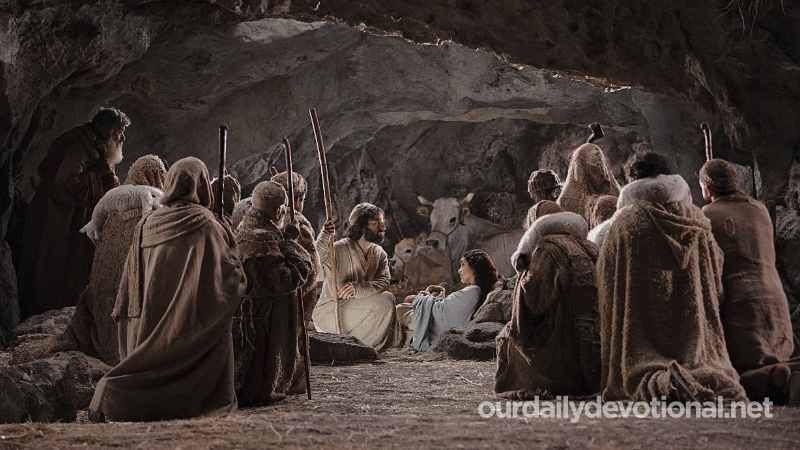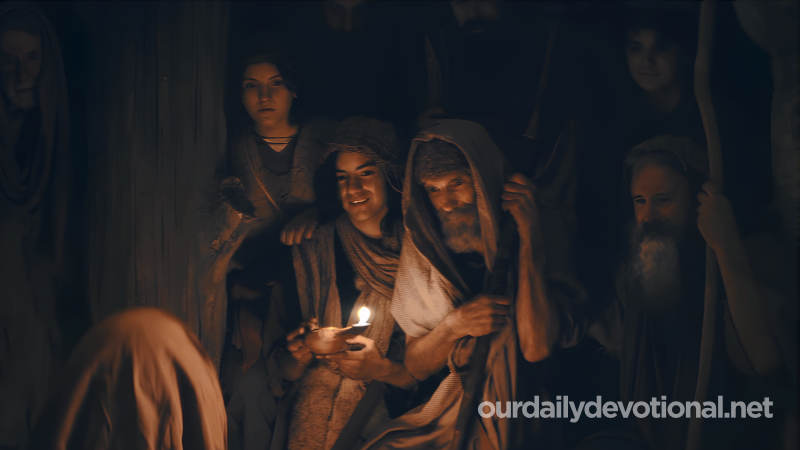Divinity worshiped by the Ammonites (1 Kings 11:7). The article that precedes the term in Hebrew. indicates that it is not a proper name, but rather an expression that means "he who reigns."
He was also called Milcom (1 Kings 11:5, 33; Jer. 49:1, 3; Zeph. 1:5). This divinity presented one of the aspects of Baal (Jer. 32:35), a proper name that is also a common name, synonymous with lord.
Under the name of Melkart, "king of the city", Baal received human sacrifices in Tire. The cult of Molech demanded holocausts of children who were burned alive. To do this, they were placed in the arms of the idol, which were in a sloped position.
To the sound of drums and chants, the victim rolled toward an opening through which he fell into a hot oven. The motivations for this sacrifice were various: from national emergencies to the mere fulfillment of a vow for a gift received from the god.
The age of the sacrificed children ranged from newborns to three and even four years; It was not always the firstborn, as has sometimes been assumed.
In fact, urns have been found in the Tophet of Carthage with two or three corpses of sacrificed children, between three/four years of age and newborns, belonging to the same family. It was a practice that, as the excavations of Carthage have documented, was carried out regularly and normally.
This practice increased with the sophistication of Canaanite urban civilization, contrary to evolutionary conceptions of progress. In Carthage, the practices did not completely cease even when the Roman authority, after the conquest of the city, killed the criminal priests of Baal, hanging them from the trees of their sanctuary.
In the law of Moses, anyone guilty of this abominable crime was sentenced to death (Lev. 18:21; 20:1-5). Despite this, Solomon, now an old man, erected an altar to Milcom to please his Ammonite women.
During the centuries that followed, children were sacrificed to Molech, burned alive, at the high place of Topheth in the Valley of Hinnom (Ps. 106:38; Jer. 7:31; 19:4, 5; Ex. 16:21 ; 23:32, 39; cf. Is. 30:33).
Ahaz thus put to death his own sons (2 Chron. 28:3); Manasseh also sacrificed at least one of his sons (2 Kings 21:6). The Israelites of the northern kingdom also practiced this horrendous rite (2 Kings 17:17; Ex. 23:37).
Josiah destroyed the altars that Solomon had erected on the Mount of Perdition (one of the summits of the Mount of Olives) to this false god and to other idols. King Josiah desecrated the high place of Topheth (2 Kings 23:10, 13). (See PAGAN DIVINITIES, BURNED, TOPHET.)
It should also be noted that the LXX introduces the form Moloch in Am. 5:26, cited in Acts. 7:43. The Hebrew text It can be read "your king" instead of Molech (Heb. "melek", with the vowels of "bõsheth", shame, to indicate contempt for the pagan divinity).
Meaning of MOLOCH
Divinity worshiped by the Ammonites (1 Kings 11:7). The article that precedes the term in Hebrew. indicates that it is not a proper name, but rather an expression that means "he who reigns."







